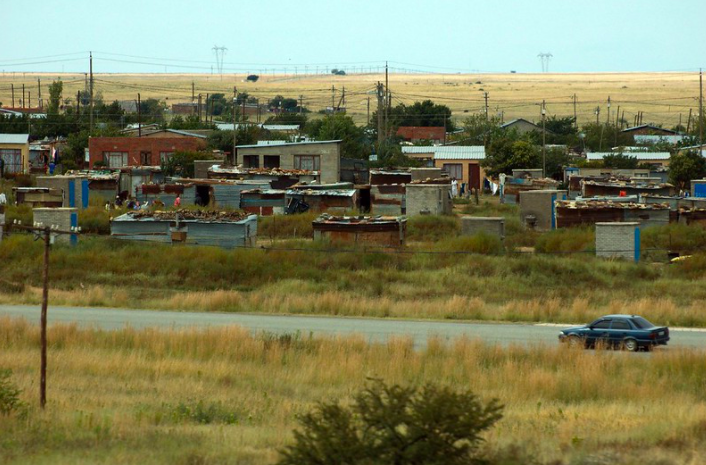Press Release: A Call For A Better Poverty Measure


PRESS RELEASE
FOR IMMEDIATE RELEASE
THURSDAY 09 SEPTEMBER 2021
A CALL FOR A BETTER POVERTY MEASURE
Johannesburg: According to data released by Statistics South Africa (Stats SA) in its latest National Poverty Lines 2021 report on 9 September 2021, any person living in South Africa needs to at least have R624 per month to afford enough food to meet the minimum required daily energy intake needed to survive.
The extreme poverty line has been set at R624, the lower bound poverty line was set at R890, and the upper bound poverty line was set at R1335. These levels are a combination of the minimum daily food requirements plus non-food essentials. In an ideal setting the State should be able to provide social security that meet at least the upper bound poverty line of R1335 per month. However, this is not the case!
Isobel Frye, Studies in Poverty and Inequality Institute (SPII) Director said that the national poverty line figures were of great concern, particularly because the Covid-19 Social Relief of Distress Grant of R350 does not even meet the food poverty line, now set at R624 a month.
“While many welcome government initiatives to provide social relief, it is hard to ignore that the SRD grants do not even meet the minimum required daily energy intake required as prescribed by the World Health Organisation (WHO)”, she said.
Most people who care about measuring poverty—policymakers, academics, non-profit organisations, and the like—agree that the way the government currently determines poverty levels and social security policy does not work. The setting of poverty lines is a choice about what poor people deserve to have, and it is always a choice made by non-poor experts, frequently neglecting actual necessities namely adequate nutrition, clothing, shelter, electricity, and other essentials needed to live a life of dignity.
Consequently, it falls short of measuring the lived realities of South Africans. At a minimum, if we were to measure poverty levels we should set the poverty line in a way that is consistent with ordinary people’s understanding of what is necessary for a Decent Standard of Living (“DSL”).
The DSL is a human-centric approach to measure poverty levels developed by SPII together with the Labour Research Service (“LRS”), and the Southern African Social Policy Research Institute (“SASPRI”). The methodology focuses on socially perceived necessities that are crucial for people to attain a socially determined acceptable standard of living to enable them to participate fully in a society (these include access to transport, toilets, electricity, etc...). SPII conducted research that found that more than 55.5% of South Africans live in poverty whilst only 3% of South Africans have access to all 21 socially perceived necessities.
SPII has consistently called for the introduction of a Basic Income Grant reflecting the Upper Bound Poverty Line, which would to enable people to meet their basic needs. With the reweighted setting of the poverty lines, this is R1335 per person per month. This is the extent of the social and economic stimulus that we need to both meet people’s needs and build their hopes, and to enable foreign investment to believe that we are seriously addressing the causes of the violence that flared into the July protests.
[ENDS]
For further information contact
The Studies in Poverty and Inequality Institute
Isobel Frye (SPII Director) 084 508 1271
Lindi-K Khumalo (Researcher) 079 451 8160
Nkululeko Majozi (Researcher) 072 628 794